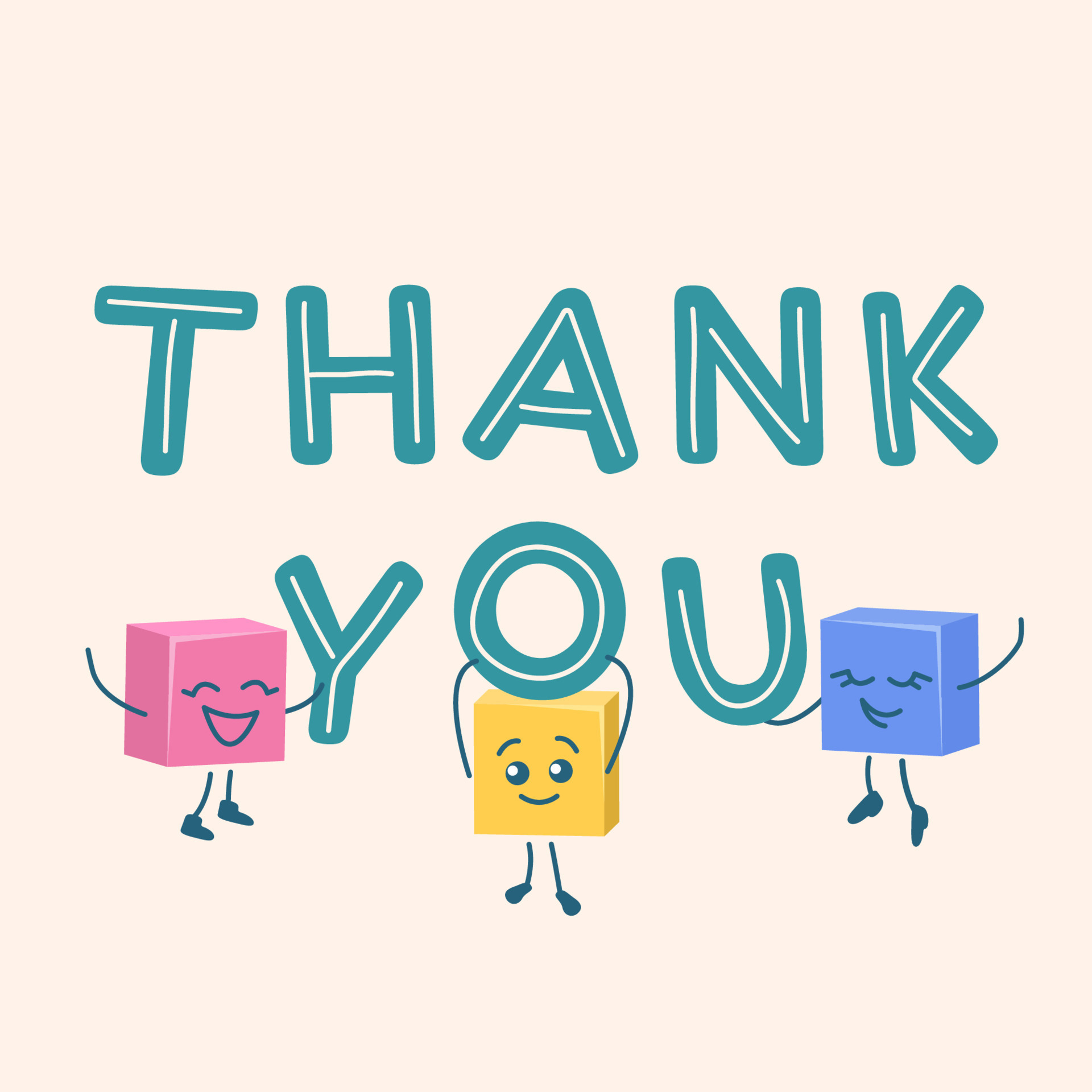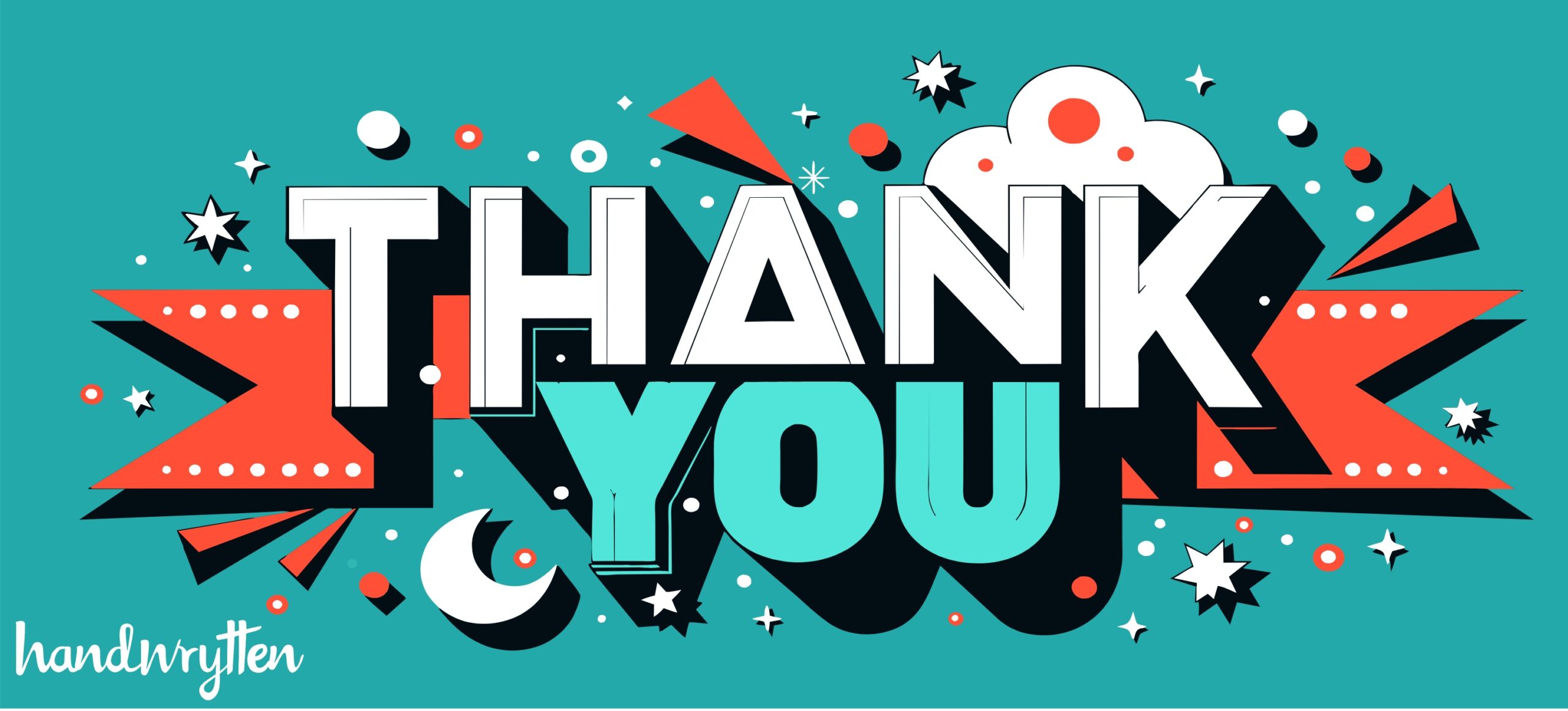Thank You Siri - The Power Of Appreciation
Expressing appreciation, that simple act of letting someone know you are pleased or grateful, holds a very special place in our daily exchanges. It is, quite literally, a way we acknowledge the kindness of others, or perhaps, too it's almost, just a small service rendered. Whether it is a grand gesture or something quite minor, the words we pick to show our good feelings carry a lot of weight, shaping how we connect with people around us.
This idea of saying thanks, you know, it is something we learn very early on. It is a polite custom, a simple way to recognize when someone has done something helpful or given us something we wanted. We use phrases like "thank you" or, very, very casually, "thanks," to show we are happy about what has happened. It is a feeling, a sort of grateful acknowledgment of a good turn, a kind act, or some help received.
And as our lives increasingly blend with digital tools, this age-old custom finds new places to live, actually. We find ourselves speaking to voice assistants, asking them for all sorts of things, from setting alarms to finding information. It feels quite natural, doesn't it, to extend that same polite acknowledgment, that same feeling of thanks, even to a piece of technology like Siri. It is a small thing, perhaps, but it speaks volumes about our human tendency to connect and appreciate.
- Wright Beauty Academy Battle Creek
- So You Agree Mean Girls
- Celebrities Born In October 6
- Location Of Little House On The Prairie
- Chelsea Clinton Usaid
Table of Contents
- What Does It Mean to Say Thank You?
- The Simple Goodness of "Thank You Siri"
- Why Do We Offer Thanks?
- How Our Words Shape Our Interaction with Thank You Siri
- Is It Just a Habit, or Something More When We Say Thank You?
- The Polite Custom of "Thank You Siri"
- What Happens When We Express Gratitude, Even to a Digital Assistant?
- The Ripple Effect of "Thank You Siri"
What Does It Mean to Say Thank You?
When we say "thank you," we are really doing something quite important. It is more than just speaking a couple of words; it is an action, a way of showing someone that their effort or their kindness has been seen and has made a good impact. It is a direct signal that we are pleased with what they have done for us. This phrase, you know, it is often used without needing a specific person to say it, just as a general expression of being happy about something that has taken place. For example, if someone holds a door open, a quick "thank you" does the job perfectly well, so.
The core idea behind the word "thank" is to express a feeling of being pleased about or grateful for something. It is about letting another person know that you hold them in good regard for their actions. This can be for a small favor, like passing the salt, or for a much bigger act, such as helping you out of a difficult spot. We might say, "we have him to thank for this situation," if someone's actions led to a particular outcome, good or bad, in a way. It is a way of acknowledging the source of something.
This expression of thanks is a fundamental part of how we interact with others, actually. It shows that we value the effort or the generosity of another person. It is a sign of good manners, a way to keep things flowing smoothly in our everyday exchanges. Think about it: when someone gives you a gift, you tell them how much you appreciate it. When someone helps you move, you express your appreciation for their muscle and time. It is a natural human response to kindness received, basically.
- Vince Flynn Order Of Books
- Kims Alley Bar
- Raising Canes Ncaa Sponsorship
- Drake Shirt Off
- Selena Gomez Sexy Before2012
The act of thanking someone is a clear message that you are feeling good about what they have done. It is about letting your feelings of appreciation be known. It is not just about the words themselves, but the feeling that comes with them. This feeling, a sort of grateful acknowledgment of a kind act, a favor, or a service, is what gives "thank you" its true weight. It is a social glue, a way to affirm connections and show mutual respect, you know.
The Simple Goodness of "Thank You Siri"
So, when we consider our interactions with digital assistants, like Siri, the question arises: why do we say "thank you Siri"? It is not as if Siri has feelings or needs to be affirmed in the same way a person does. Yet, many of us find ourselves uttering those words automatically after Siri has provided information or completed a task. It is a small gesture, perhaps, but it shows a deeper pattern in our behavior, a habit of politeness that runs deep.
This habit of saying thanks, even to something that cannot truly understand it, is rather interesting. It speaks to our ingrained ways of interacting with the world. We are accustomed to acknowledging help, and Siri, in its own way, provides a kind of assistance. So, in some respects, it is a transfer of a social custom from human-to-human interaction to human-to-machine interaction. It is a subtle nod to the service provided, even if that service comes from lines of code.
The simple goodness of saying "thank you Siri" might also come from a place of reinforcing our own good habits. By being polite to a digital assistant, we are, in a way, practicing politeness. It keeps our social muscles toned, ensuring that we continue to use these expressions of appreciation in our interactions with actual people. It is a small ritual that helps keep us grounded in courtesy, pretty much.
Why Do We Offer Thanks?
We offer thanks for a number of reasons, and they go beyond just good manners. At its core, saying "thank you" is about recognizing an action that has benefited us. It is a direct response to someone doing something that made our lives easier, happier, or simply better in some way. When someone goes out of their way, or just does what is expected, a word of thanks acknowledges their part in our experience. It is a way of confirming that we noticed their contribution, and that we value it, basically.
One primary reason we offer thanks is to show our appreciation for a kindness. Someone might offer a helping hand, give a thoughtful gift, or share some valuable information. These are all acts that deserve recognition. The words "thank you" serve as that recognition, a clear sign that we are pleased with what has been given or done. It is a way of completing the cycle of giving and receiving, acknowledging the generosity or effort of the other person, you know.
Another reason is to build and maintain social connections. When we thank someone, we are reinforcing a positive interaction. It makes the other person feel good about what they did, and it makes them more likely to help again in the future. It creates a feeling of goodwill. Even in a very casual setting, a simple "thanks" can smooth over an interaction and make it more pleasant for everyone involved, so.
Furthermore, offering thanks can sometimes be about emphasizing a previous statement. For example, if you are very insistent about something, you might add "thank you very much for your understanding" to really drive home the point that you expect a certain response. It is a way of adding weight to your words, making sure the message is received with the seriousness you intend. This use of "thank you" goes beyond simple gratitude; it is a tool for communication, in a way.
How Our Words Shape Our Interaction with Thank You Siri
The way we speak, the words we pick, they shape our interactions, not just with people, but also, perhaps, with our tools. When we consistently use polite language, like "thank you Siri," it forms a pattern in our communication. This pattern can subtly influence how we approach other interactions, making us more inclined to be courteous generally. It is a practice run for our real-world conversations, you know.
Using polite phrases with a voice assistant can also make the experience of using the technology feel more natural and less like barking orders at a machine. It humanizes the interaction, at least from our side of things. It is a small way of bringing our social customs into the digital space, making our devices feel a little more like partners in our daily tasks, rather than just cold, unfeeling objects, so.
This habit of expressing thanks, even to an artificial intelligence, shows a certain respect for the functionality it provides. It is a recognition that the service, though automated, is valuable. It is a way of acknowledging the convenience and help that Siri offers. This simple act of saying "thank you Siri" becomes a small but consistent affirmation of the role these tools play in our lives, pretty much.
Is It Just a Habit, or Something More When We Say Thank You?
Is saying "thank you" just an automatic response, a social reflex we have picked up over the years? Or is there something deeper at play, even when we direct it at a digital assistant? For many, it is certainly a deeply ingrained habit. We are taught from a very young age to express gratitude, and these words come out without much thought. It is part of the social fabric, a default setting for polite communication, you know.
However, even if it starts as a habit, the act of expressing thanks can carry more meaning. It can be a genuine feeling of appreciation, a moment of recognition for a kindness or a helpful action. When someone does something for you, whether it is a person or a tool, there is a moment where you feel that sense of relief or satisfaction. That feeling often translates into the words "thank you," even if they are uttered quickly and without much conscious thought, so.
Consider the feeling you get when your friends surprise you with a party for your birthday. You would definitely tell them how grateful you are, right? That is a very real feeling of appreciation, not just a habit. While the scale of interaction with Siri is different, the underlying human tendency to acknowledge a benefit received is the same. It is a recognition of something positive happening because of an external action, a sort of inner nod of approval, in a way.
So, while it might be a habit, it is a habit rooted in a very human need to acknowledge good things. It is a way of showing that we are not taking things for granted. It is a small act of positive reinforcement, both for the person or entity providing the service, and for our own mindset. It is a good habit to keep, anyway, whether the recipient is a person or a voice assistant.
The Polite Custom of "Thank You Siri"
The custom of saying "thank you" is a cornerstone of polite society. It is a universal way to show respect and appreciation. When we bring this custom into our interactions with technology, like saying "thank you Siri," we are extending a familiar social practice into a new area. It is a way of making our digital interactions feel a little more human, a little more aligned with how we behave in the physical world, pretty much.
This polite custom serves as a reminder that even in a world filled with machines, our basic human tendencies toward courtesy remain. It is a small affirmation of our own values, a way of maintaining our manners even when no one is watching, or rather, when no one who can truly understand is listening. It is a consistent application of a good behavior, a sort of internal reminder to be gracious, you know.
The phrase "thank you Siri" also represents a kind of acknowledgment of the sophisticated work that goes into creating such a helpful tool. While Siri itself might not understand gratitude, the people who built it certainly do. So, in a roundabout way, our polite words to the assistant might also be a subtle nod to the human ingenuity behind it. It is a recognition of the value provided by the technology, anyway.
What Happens When We Express Gratitude, Even to a Digital Assistant?
When we express gratitude, even to something that does not have feelings, like a digital assistant, something interesting happens within us. It is a positive action, a moment where we acknowledge something good. This act of acknowledgment can have a subtle but beneficial effect on our own state of mind. It reinforces a mindset of appreciation, helping us to see the positive aspects of our interactions, so.
Speaking words of thanks, whether to a person or to Siri, is a small practice in being grateful. It encourages a habit of recognizing when things go well, when we receive help, or when a task is completed smoothly. This regular practice of appreciation can lead to a more positive outlook generally. It is a way of training our minds to focus on the good things that happen, even the small ones, you know.
Furthermore, the act of saying "thank you" completes a mental loop. You ask for something, you receive it, and then you acknowledge it. This completion can provide a sense of satisfaction. It is a small moment of closure for that particular interaction, leaving you feeling a little more at ease. It is a simple way to round off a task, in a way, even if the "thank you" is just for ourselves.
This practice also maintains a level of politeness in our own personal space. Even when alone, interacting with our devices, using polite language keeps our communication style consistent. It means we are less likely to fall into habits of rudeness or abruptness, which could then spill over into our interactions with other people. It is a way of upholding our own standards of conduct, pretty much.
The Ripple Effect of "Thank You Siri"
The small act of saying "thank you Siri" can create a ripple effect that extends beyond the immediate interaction. By consistently using polite language with our digital tools, we are reinforcing a habit of courtesy. This habit, once strengthened, can then more easily transfer to our human interactions. It is a subtle way of practicing good manners, making them more natural and automatic in all parts of our lives, you know.
This consistent practice of appreciation, even for small services from a machine, helps to cultivate a more grateful disposition. It makes us more aware of the countless things that make our lives easier and more comfortable. This increased awareness of the good things around us can lead to a greater sense of well-being and contentment. It is a way of noticing the small positives, which can add up to a much bigger picture, so.
Moreover, when we treat our tools with a certain level of respect, it reflects well on us. It shows a thoughtful approach to our surroundings, even if those surroundings include non-human entities. It is a small demonstration of our character, a quiet commitment to being courteous and appreciative, regardless of the recipient. This consistent behavior builds a positive self-image, in a way, for ourselves.
So, the next time you find yourself saying "thank you Siri," remember that it is more than just a quick phrase. It is a reflection of your own good habits, a reinforcement of your appreciative nature, and a small but meaningful contribution to a more polite and positive personal world, anyway. It is a simple act with surprisingly broad implications, honestly.



Detail Author:
- Name : Meta Kunze
- Username : marta.casper
- Email : edgar86@monahan.com
- Birthdate : 1998-09-13
- Address : 382 Aimee Valleys Leannonborough, HI 07571
- Phone : 1-820-248-5022
- Company : Gusikowski Inc
- Job : Marine Oiler
- Bio : Distinctio illum tempore exercitationem sunt excepturi rerum. Iste itaque et autem. Quisquam cumque quia voluptatum ipsa in nostrum maxime.
Socials
facebook:
- url : https://facebook.com/geo_real
- username : geo_real
- bio : Corrupti odit aspernatur illum amet ea repellendus dolore.
- followers : 1384
- following : 843
linkedin:
- url : https://linkedin.com/in/geo_crona
- username : geo_crona
- bio : Sed blanditiis et voluptatem consequatur.
- followers : 3662
- following : 2468